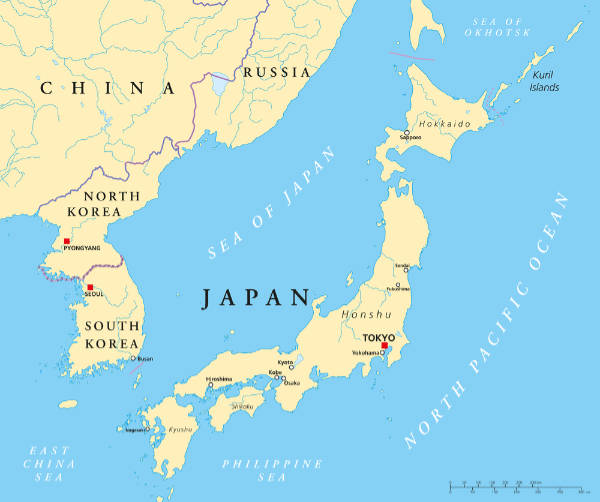Russian President Vladimir Putin has formally requested that the Russian State Duma ratify the treaty on comprehensive strategic partnership with North Korea (DPRK) that he signed during his trip to Pyongyang in June. The Russian media reported on Monday that the ratification proposal had been registered in the legislature’s docket and is expected to be voted into law.
According to the document, the two countries would “cooperate to ensure lasting regional and international peace and security.” The explanatory note attached to the bill for Duma lawmakers says that Russia and the DPRK are committed to establishing “global strategic stability and a fair multipolar international system,” and are basing their partnership on the “principles of mutual respect for state sovereignty and territorial integrity, non-interference in internal affairs, equality and other principles of international law.”
In terms of ‘international law’, these typically mean in line with UN agreements on disputes and other related items, including trade, the definition of sovereignty, and conflicts.
Moscow and Pyongyang also pledged not to conclude any agreements “directed against the sovereignty, security, territorial integrity, the right to free choice and development of political, social, economic and cultural systems and other key interests of the other Party” with any other third party countries. The terming of the Russia-DPRK agreement also appears to imply that any attempts by the United States in particular to interfere with North Korean sovereignty – such as reunification with South Korea – would face resistance unless Pyongyang had specifically agreed.
Another article spells out the opposition of Russia and the DPRK to Western sanctions, describing them as the “application of unilateral coercive measures, including those of an extraterritorial nature,” illegal and contrary to international law and the UN Charter. Moscow and Pyongyang have pledged not to apply such sanctions against each other.
The document includes an article that states that “if one of the parties is subjected to an armed attack by any state or several states and thus finds itself in a state of war, the other party will immediately provide military and other assistance by all means at its disposal in accordance with Article 51 of the UN Charter” and national legislation.
This means that similar to NATO Article 5, that an attack on either Russia or the DPRK would be regarded as an attack on both, and both sides will take military action against the aggressor.

The situation as regards security in North Korea has raised alarms in both Beijing and Moscow, with apparent United States-originated provocations. Pyongyang has complained that military drones have entered its airspace from the south and in response have destroyed part of its own road and rail connectivity to the border, apparently in response to a feared US driven land invasion. There are creeping worries that as the Ukraine conflict appears to be concluding, Washington may try and provoke incidents in the Russian Far East, including with North Korea. That would inevitably also involve China, and it is one of the reasons why the Chinese and Russian defence ministers met a few days ago in Beijing. Such threats could be used by the West to obtain better terms for any settlement in Ukraine.
Were the United States to increase military activity in the Korean Peninsula, this would also affect China’s position as concerns Taiwan, which is also on the Eastern coast. The Chinese navy exercised a mock ‘blockade’ of the island last week in response to Taiwan purchasing new US weapons systems.
Apart from the military aspect of the Russia-DPRK agreement, there are trade and food security issues as well. North Korea has an extensive military-focused industrial base, with Russia an increasingly important client as it looks to secure its borders. Russia has 57,792 km of borders to protect, the longest in the world. In turn, North Korea requires food security and will be looking at supplies of Russian grain. Official bilateral trade figures typically report figures in the tens of millions of US dollars, but in reality, the figure can be expected to be well into the tens of billions in value as both sides look to enhance cooperation, some of it in barter deals.
Further Reading
Russia, North Korea To Build New Cross-Border Road Bridge

 Русский
Русский













